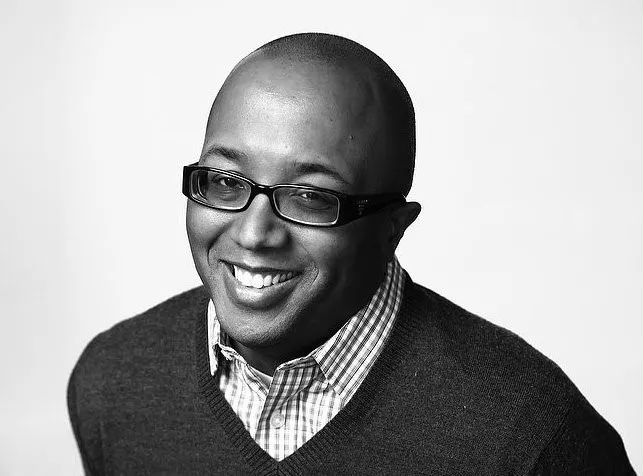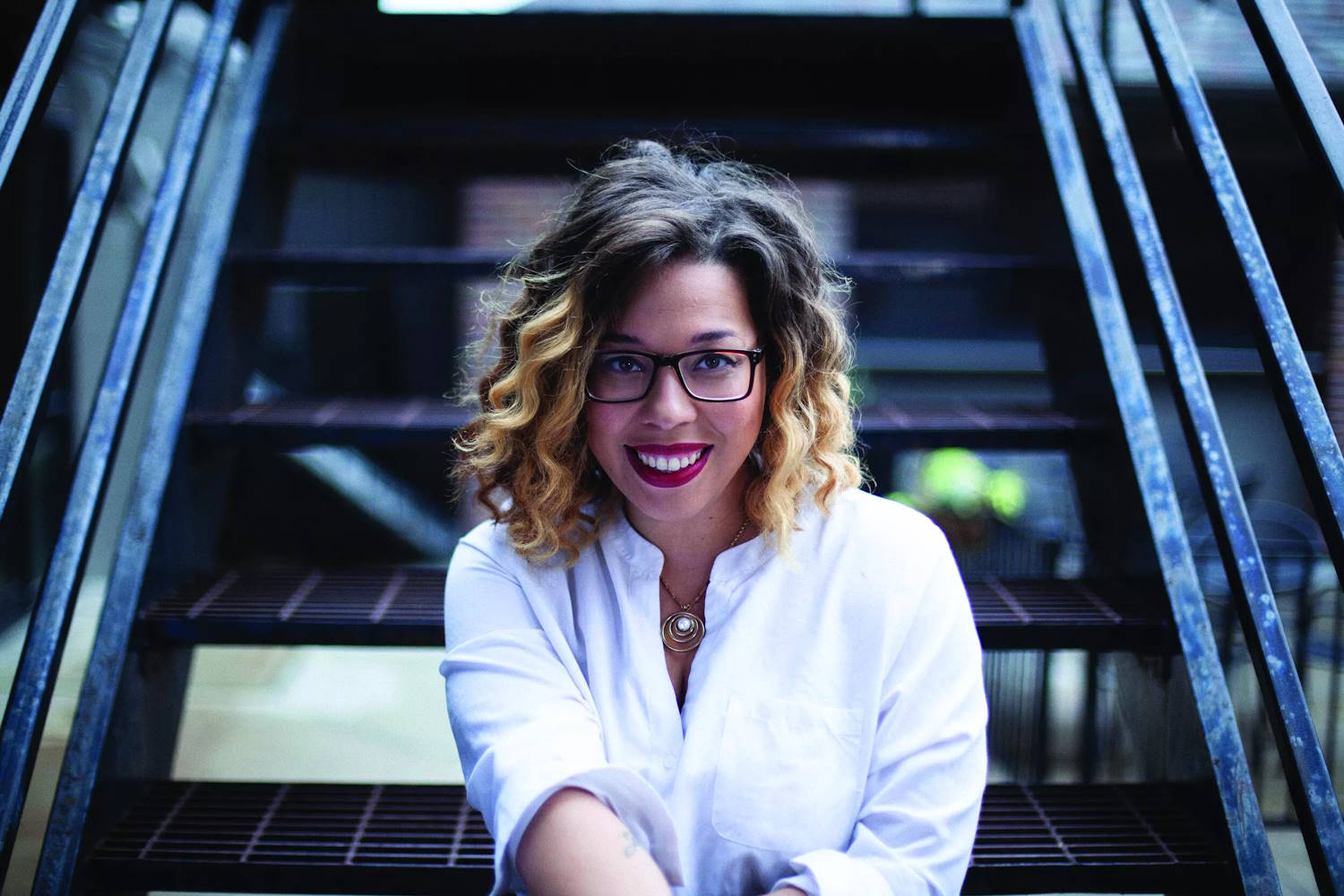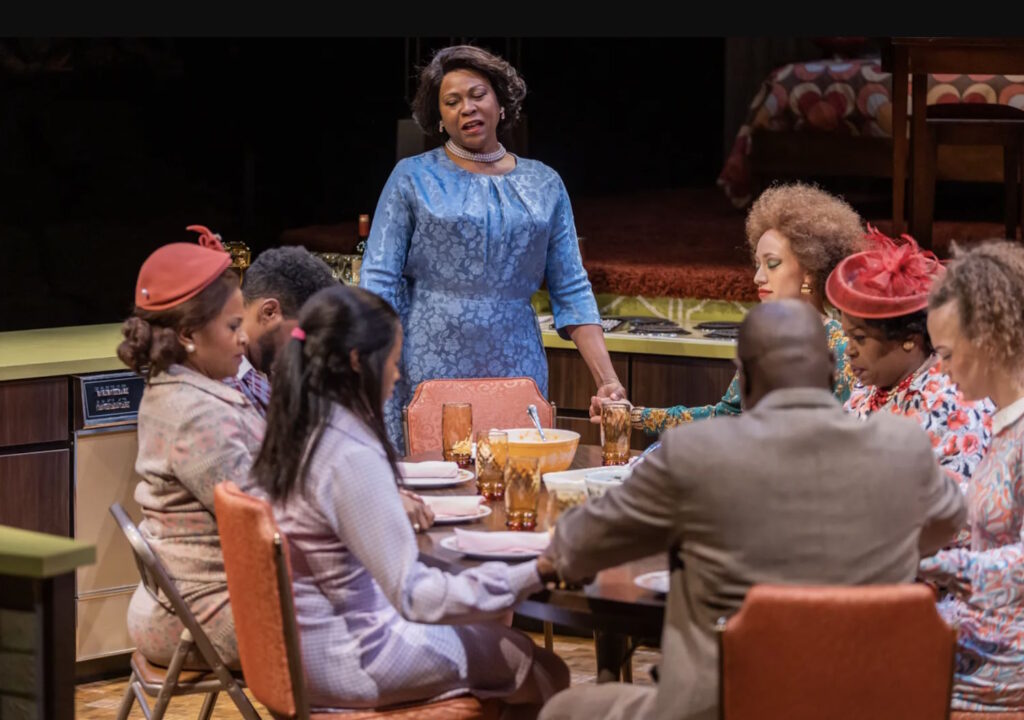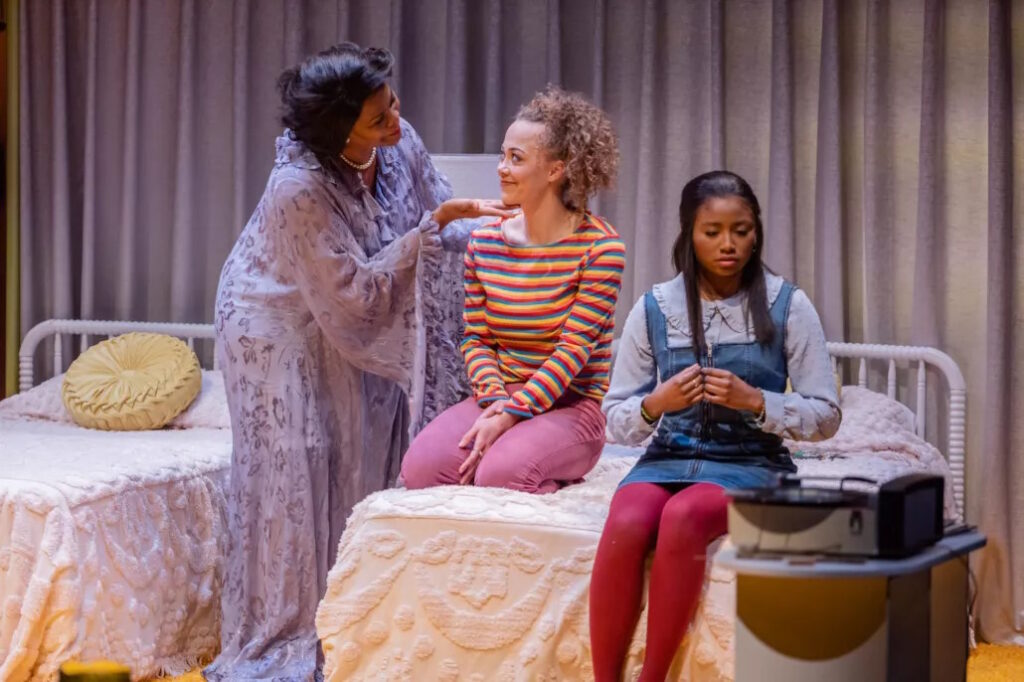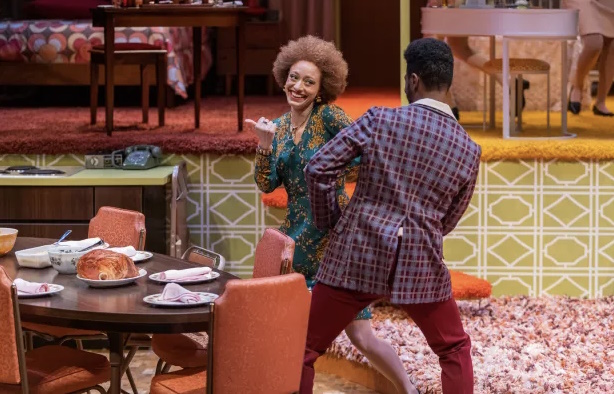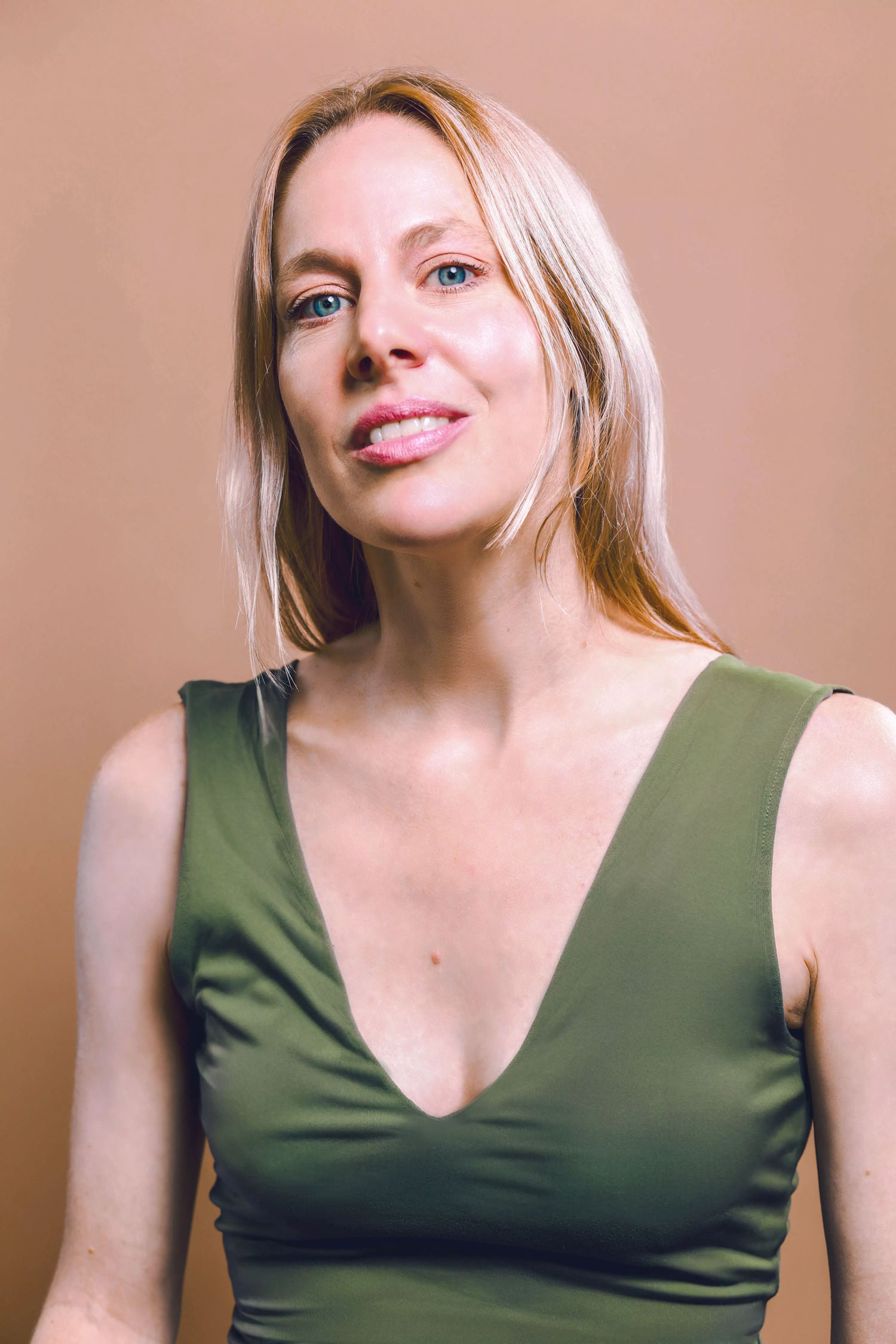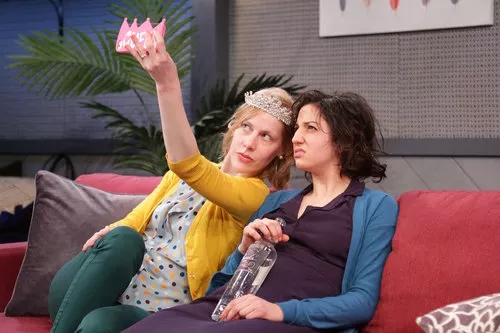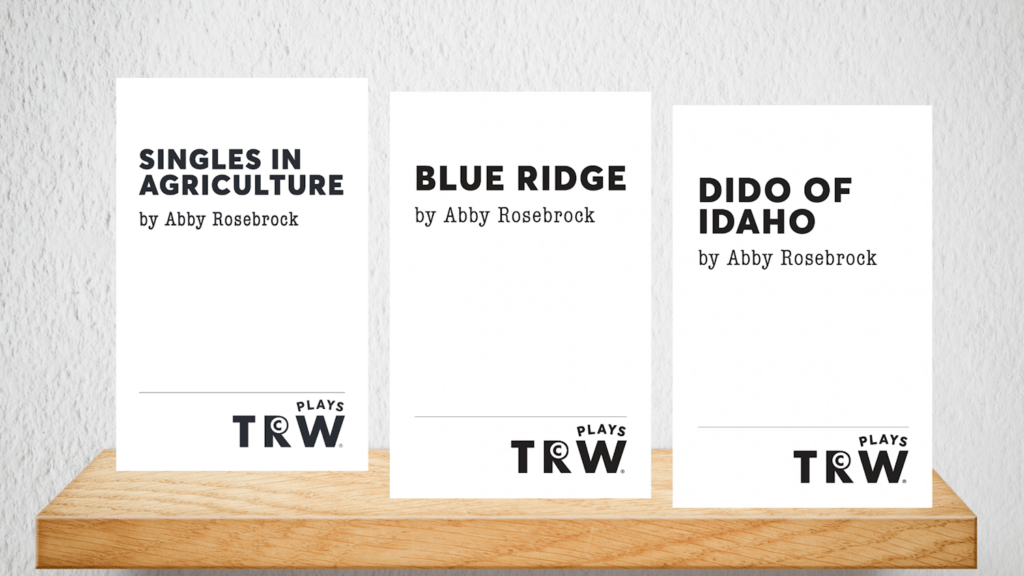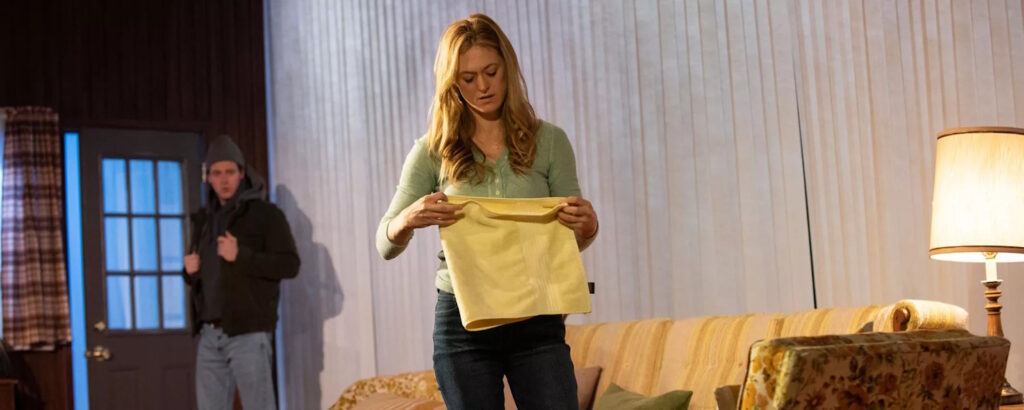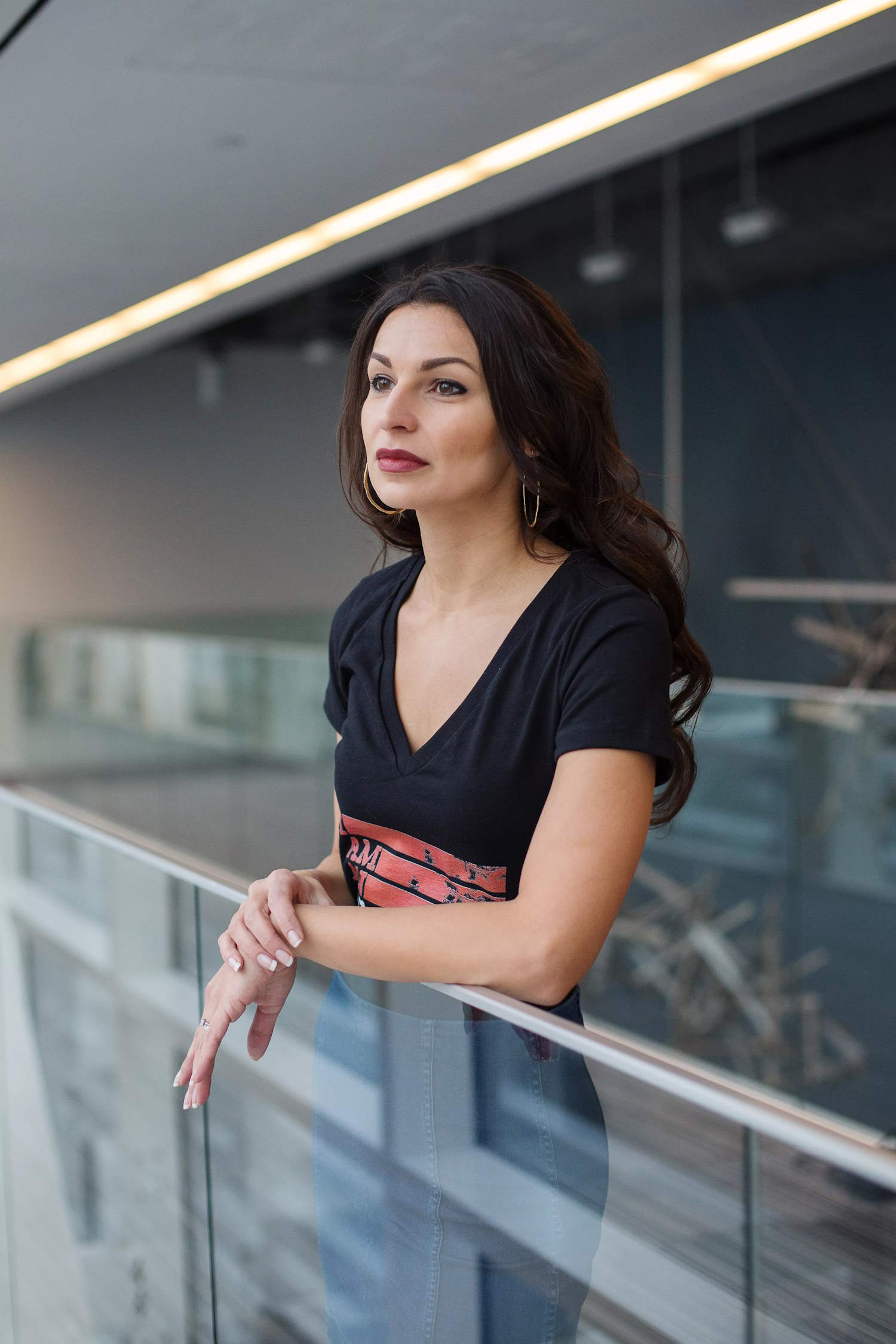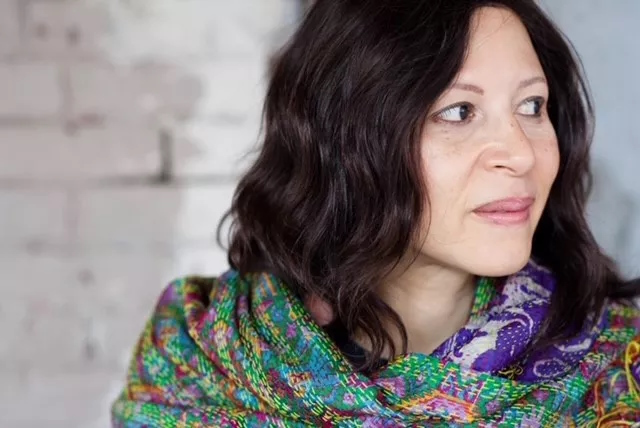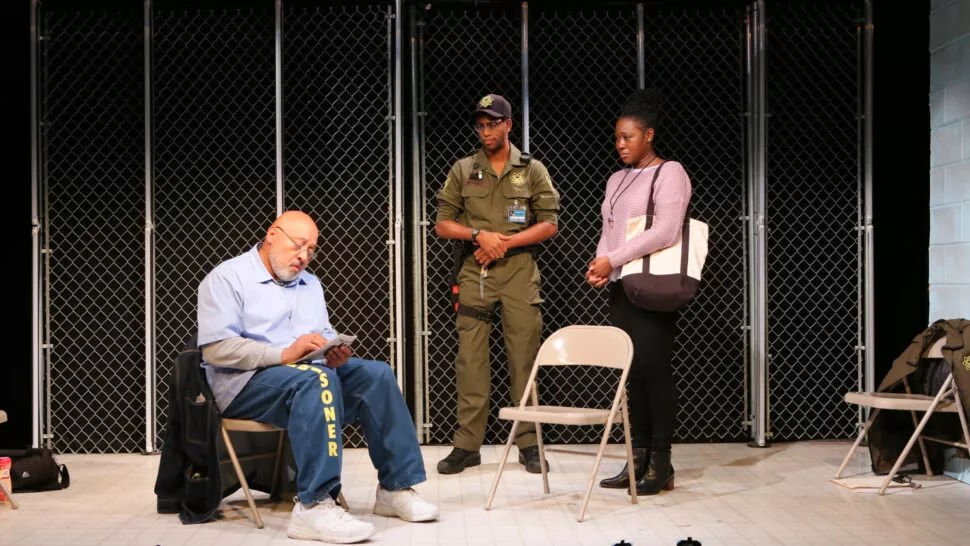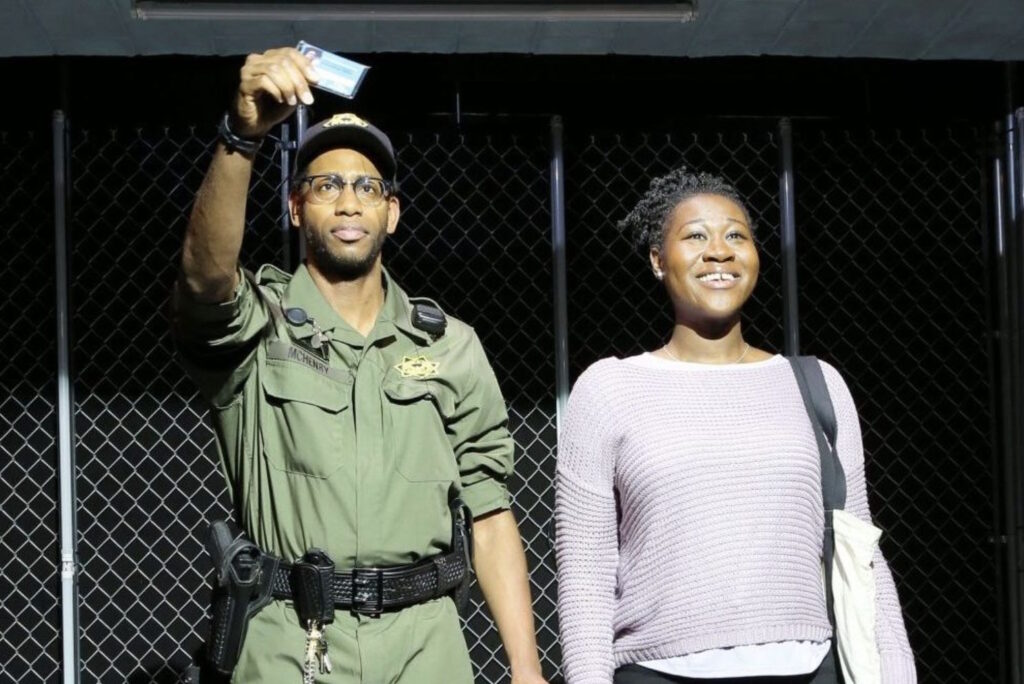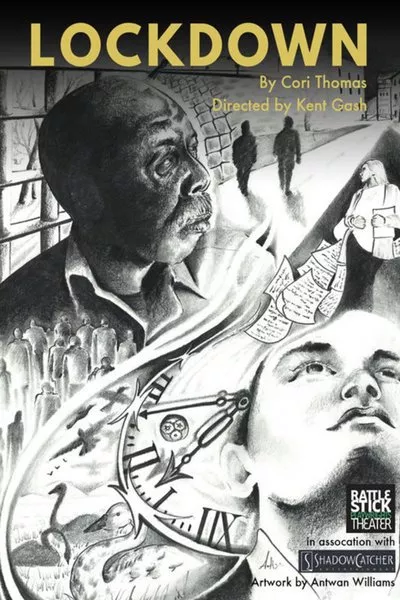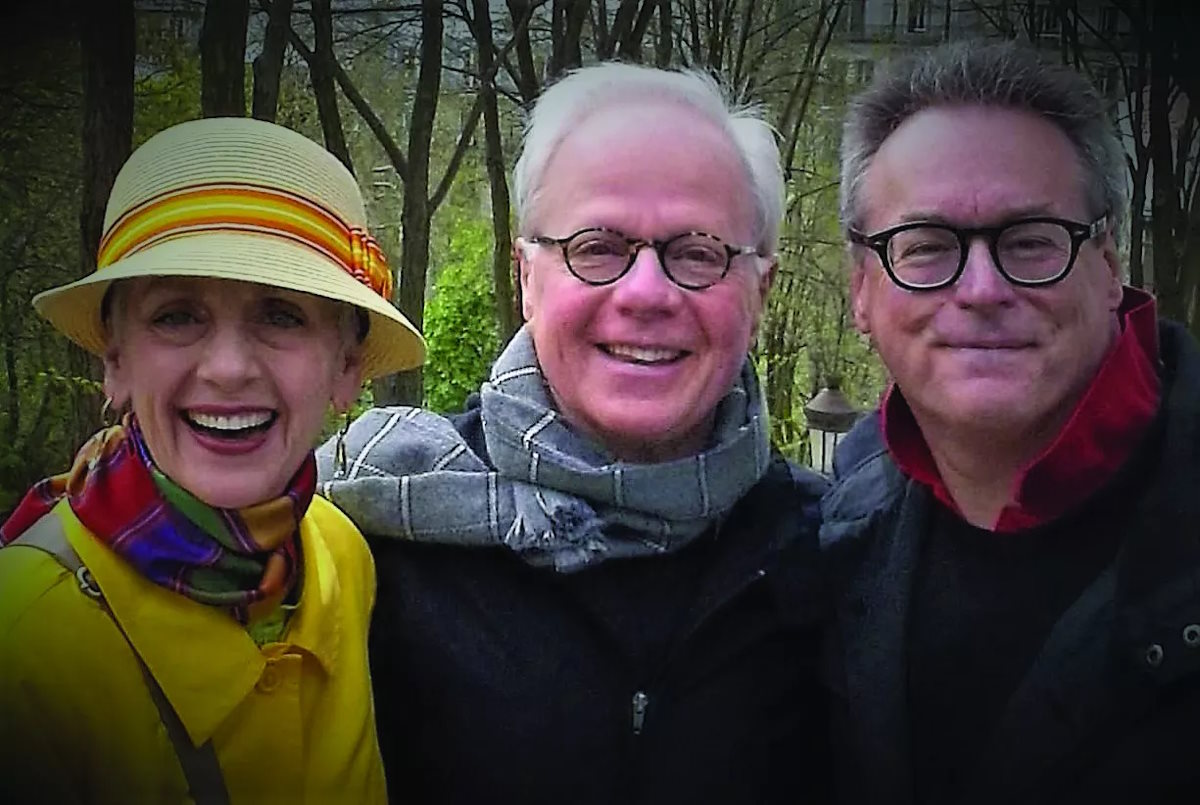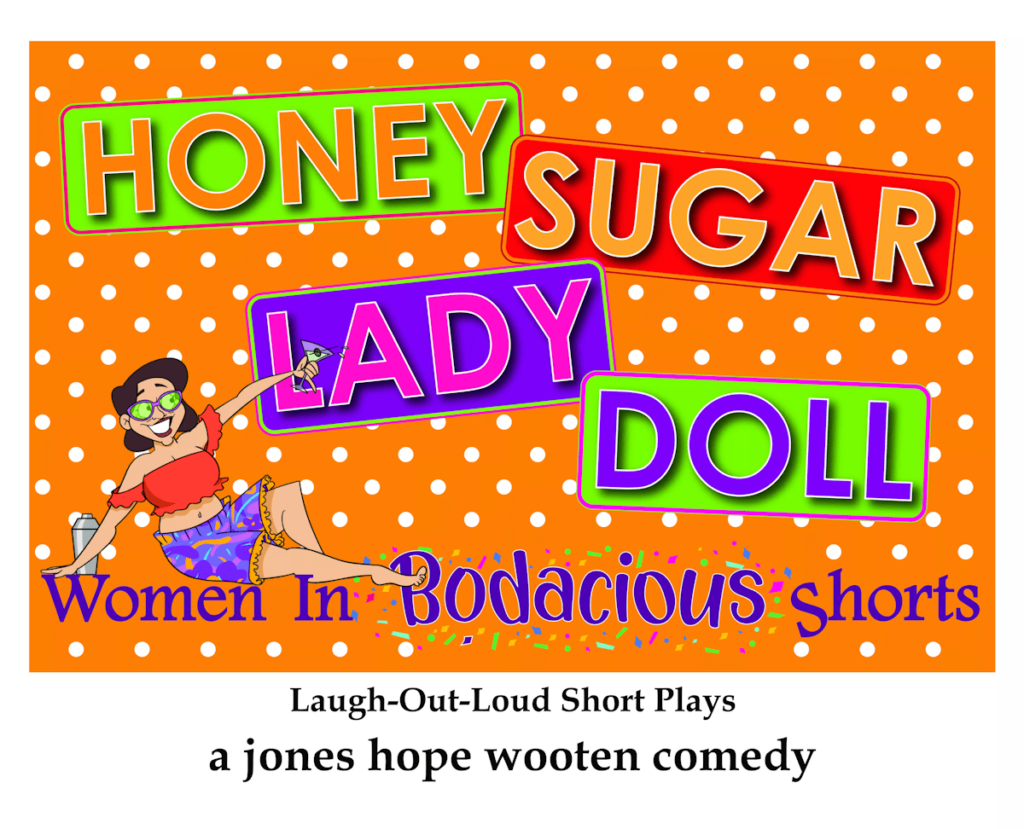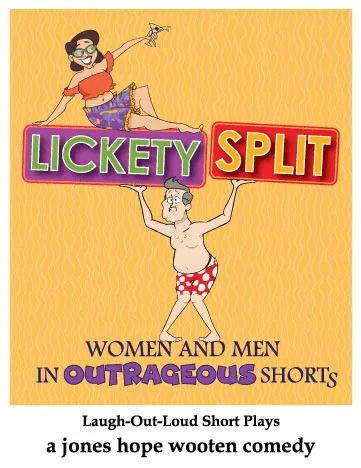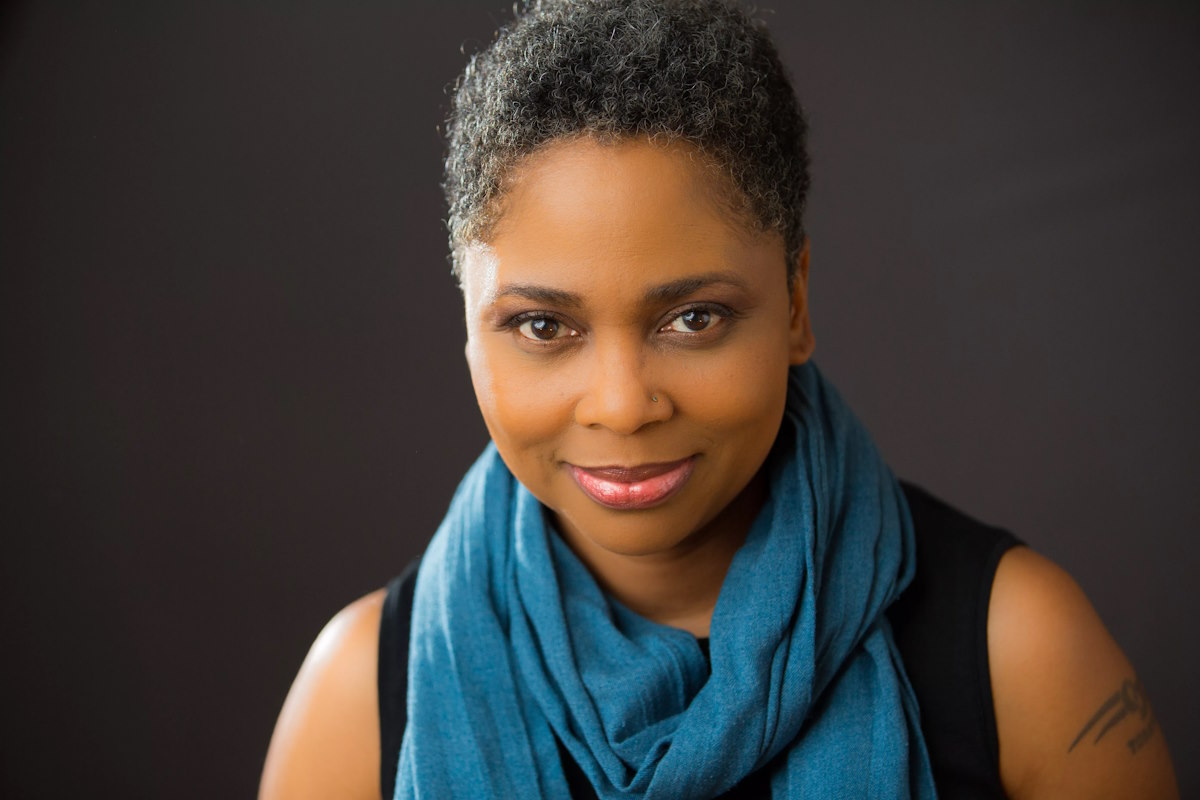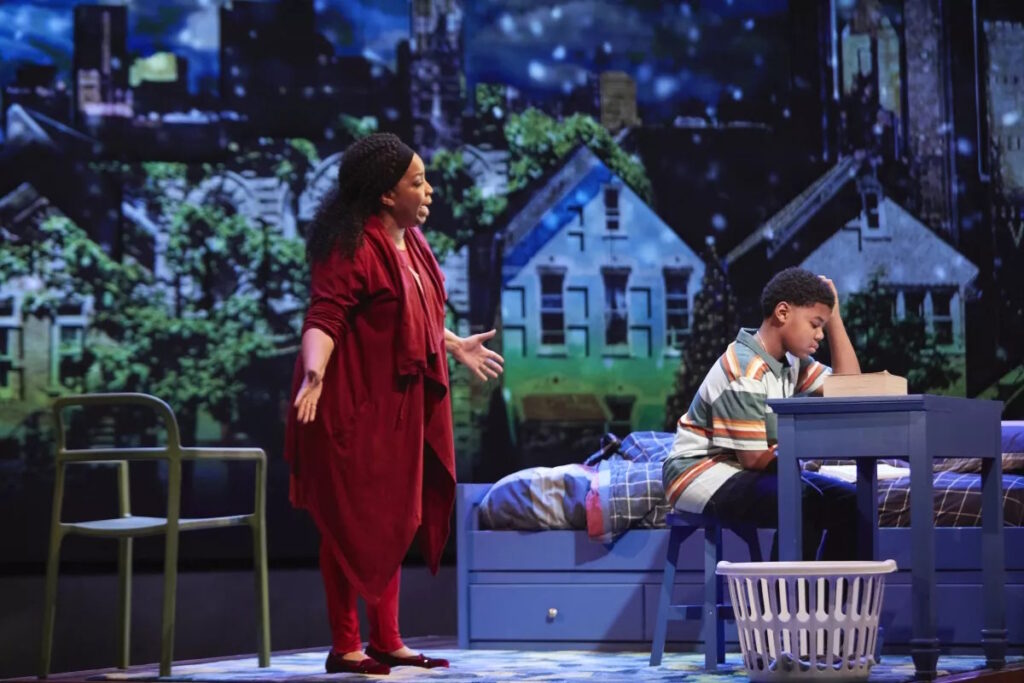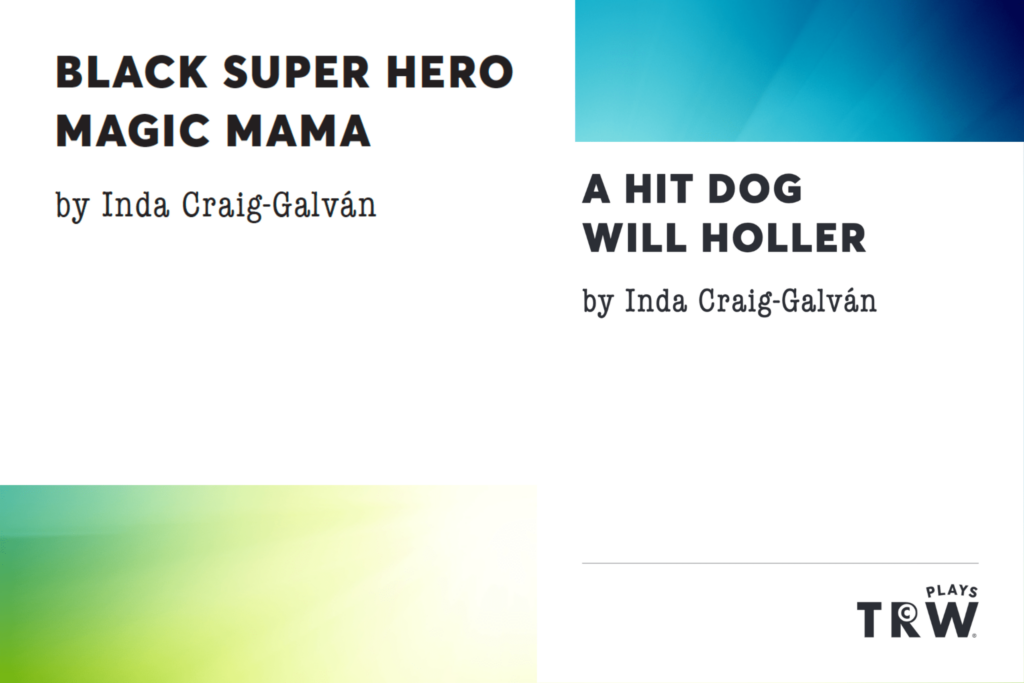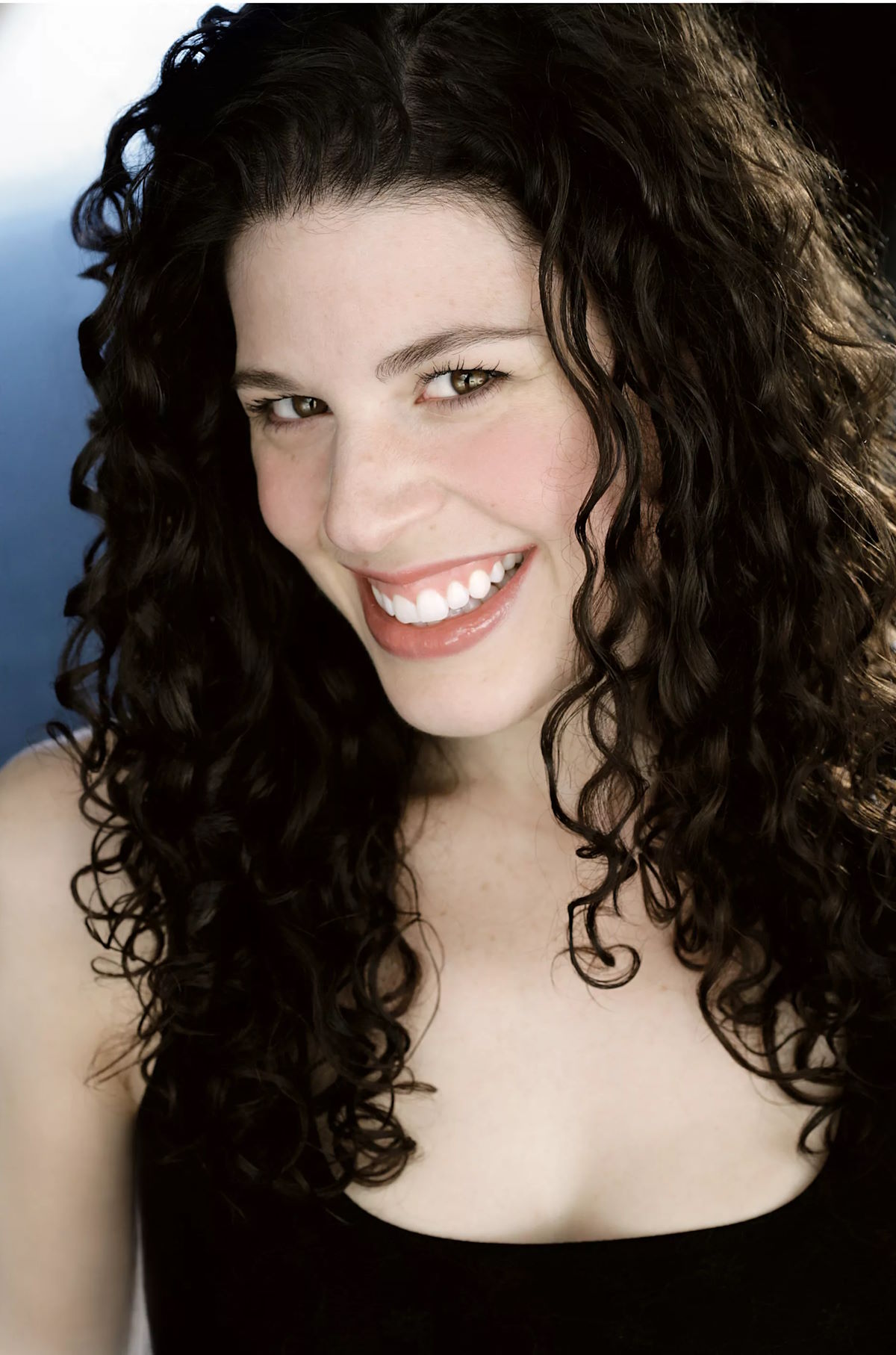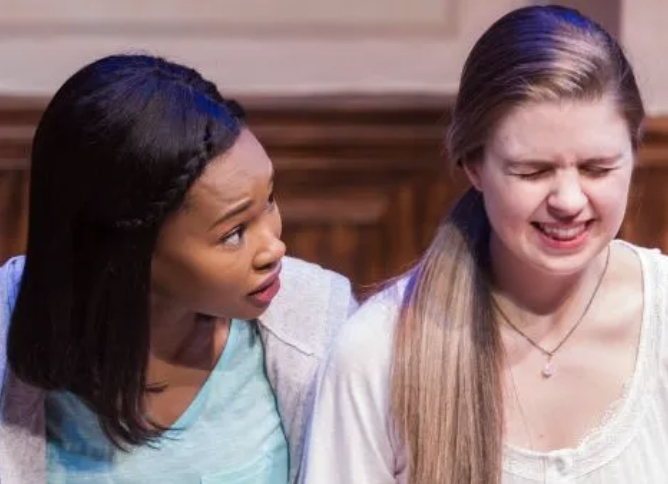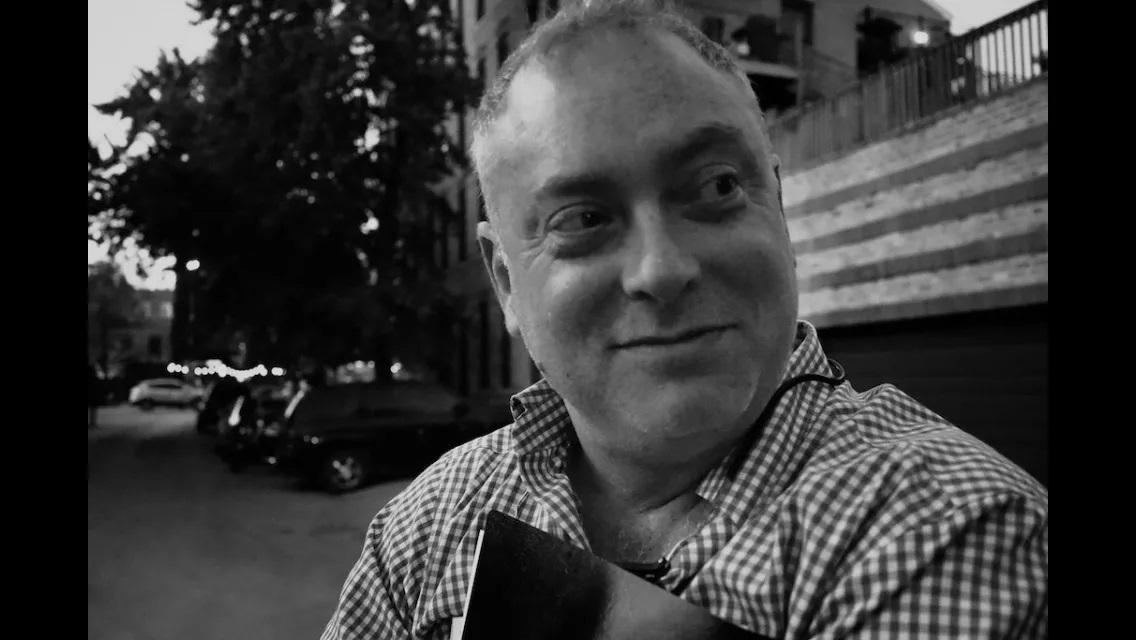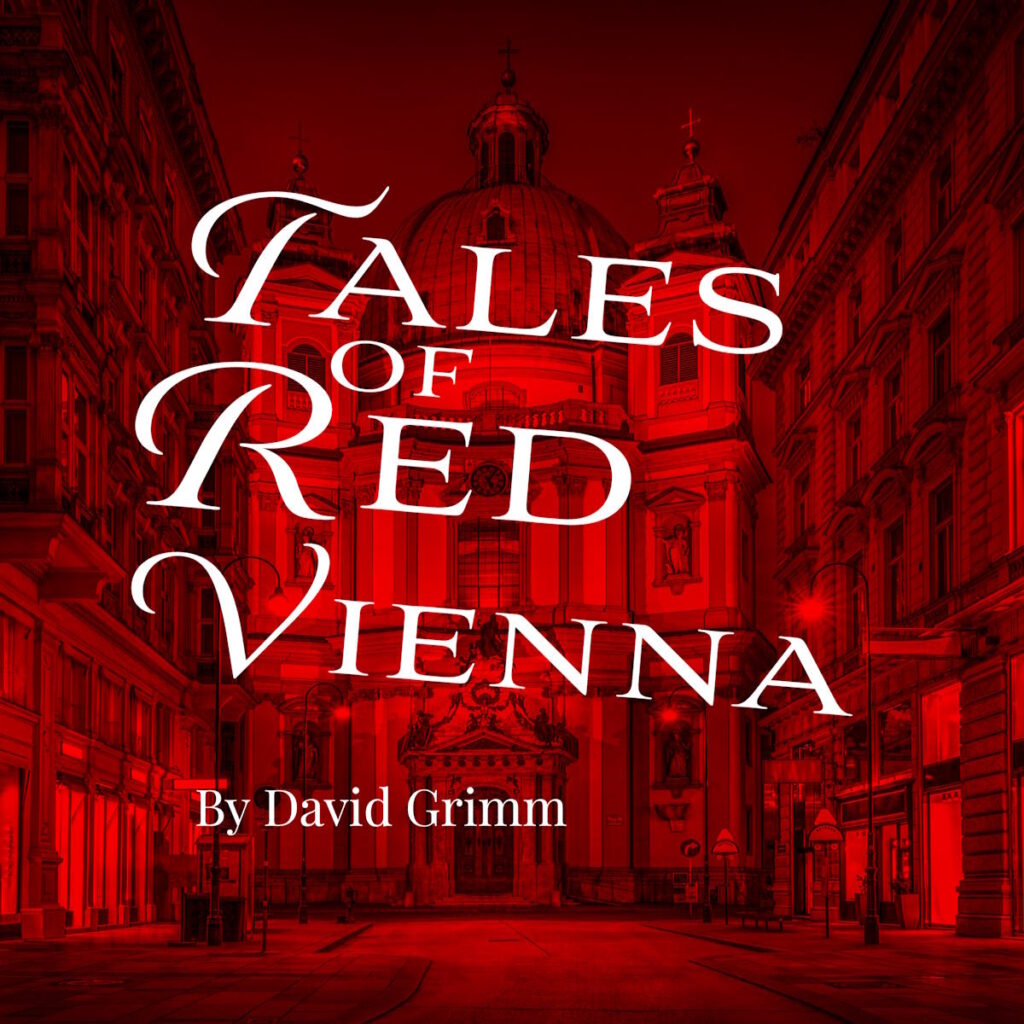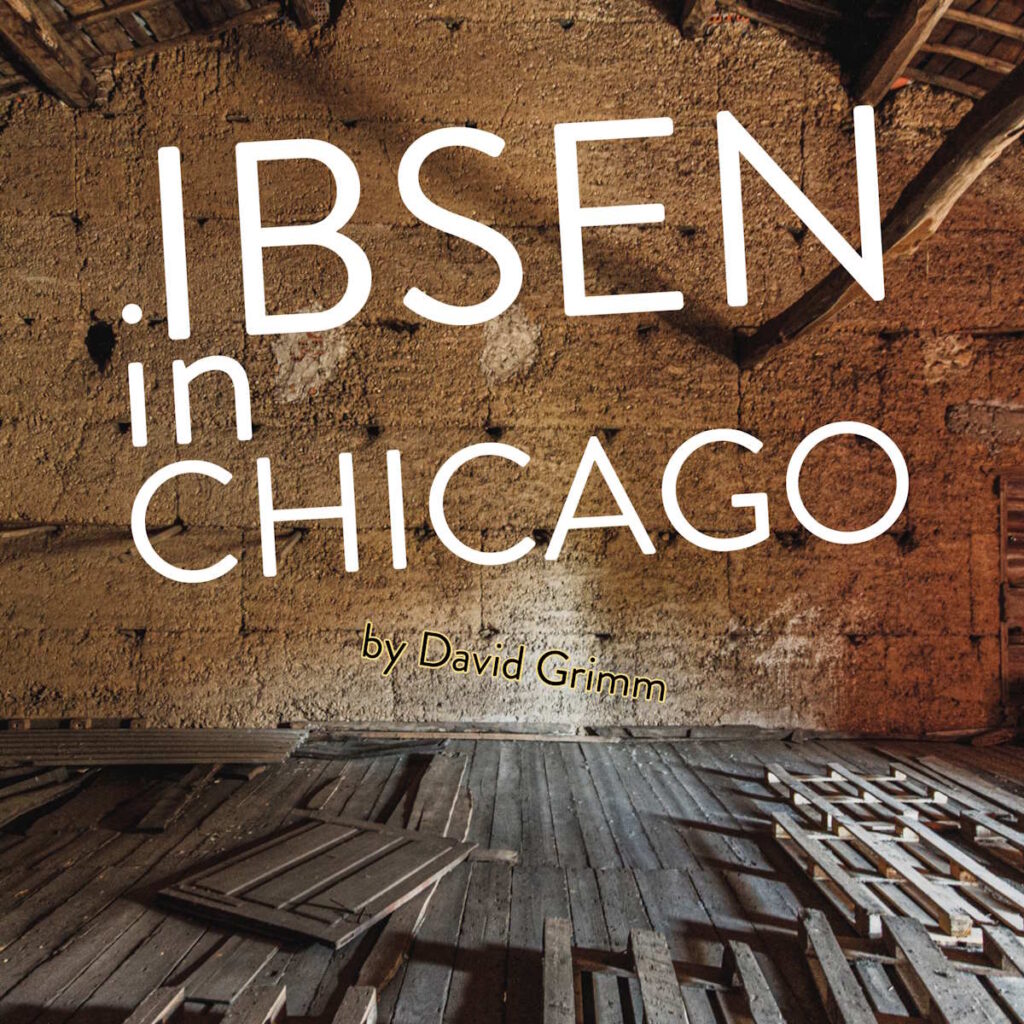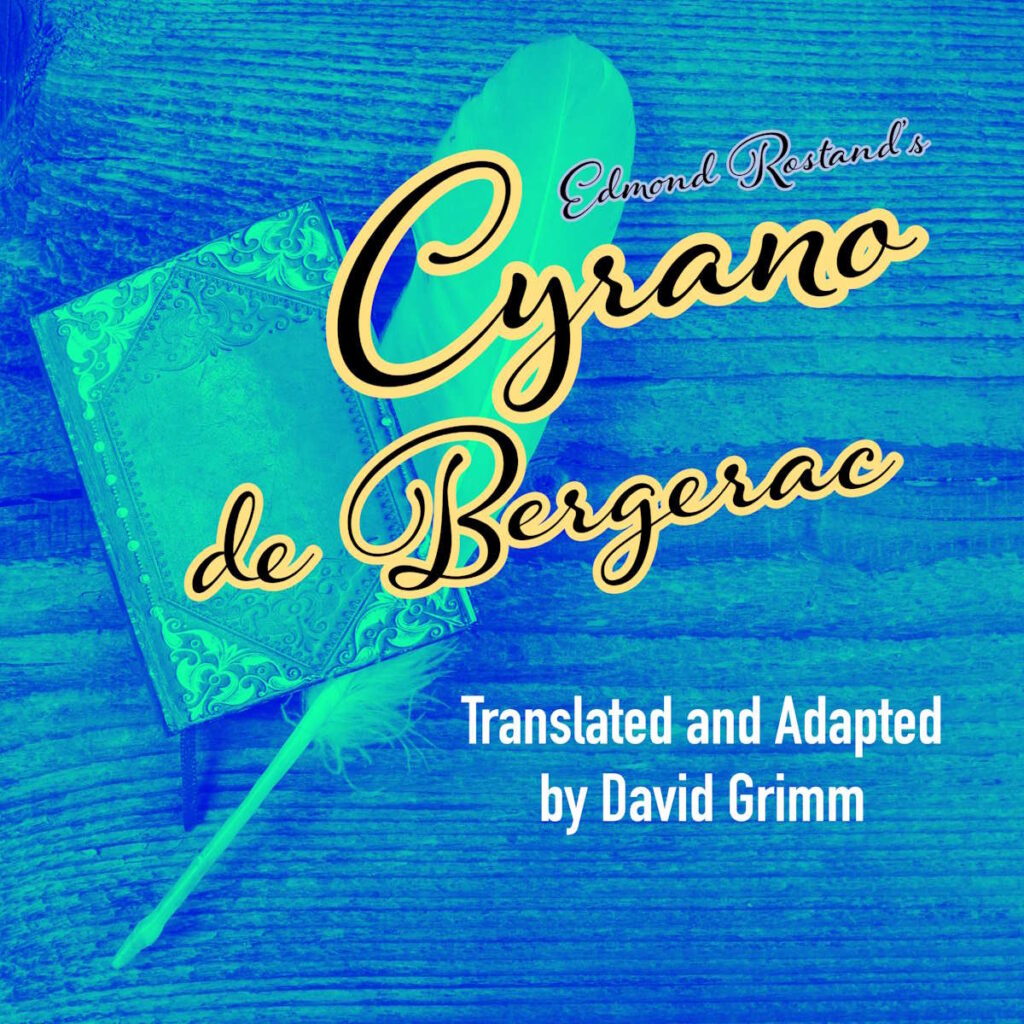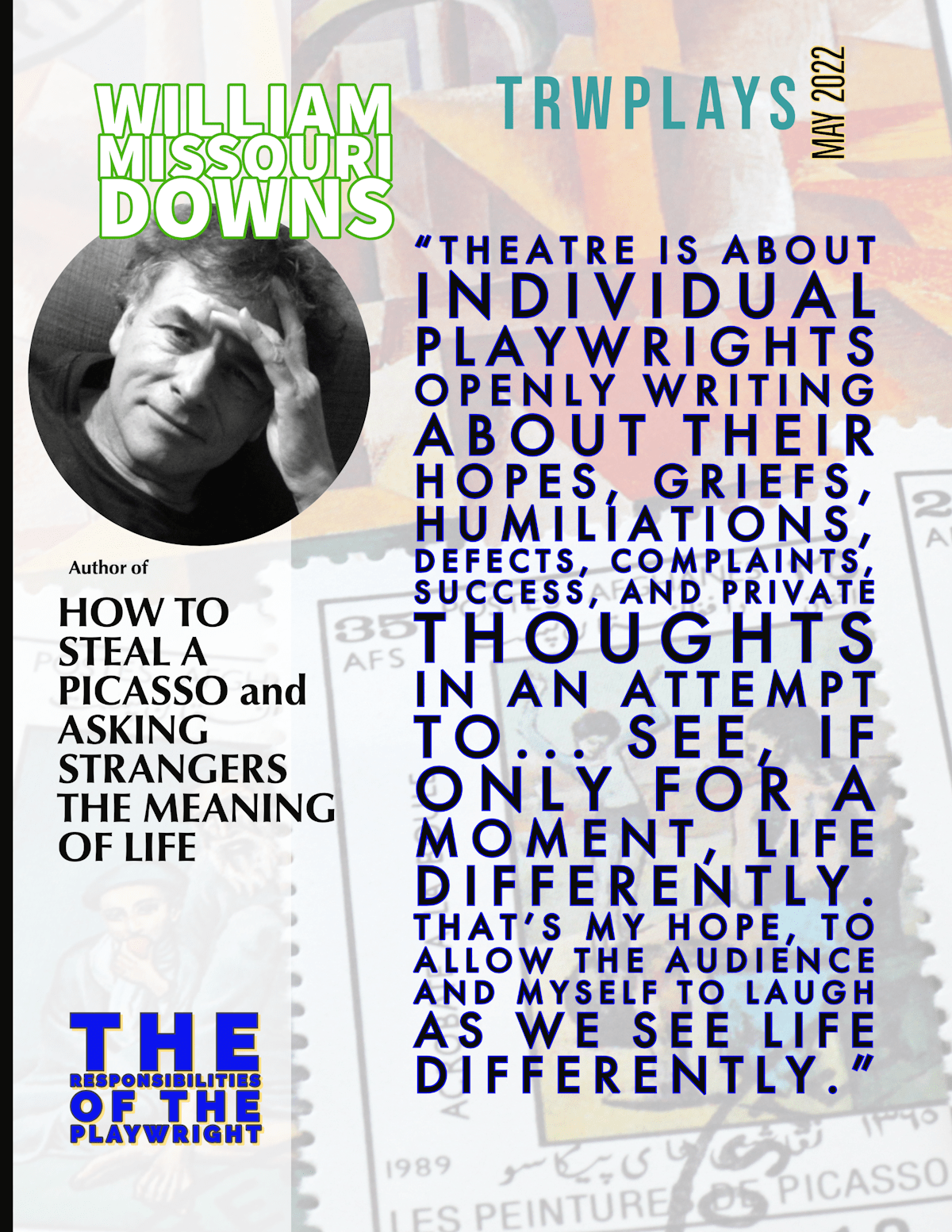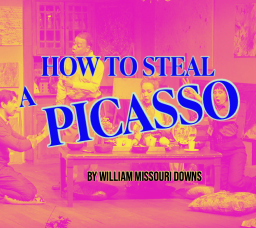Tony Award-nominated playwright and director Robert O’Hara spent some time discussing his work and artistry with TRW. Read the exclusive interview here.
“The world sees me differently than they see other people, and so therefore, I am required to see the world differently than other people.”
– Robert O’Hara
KATIE STOTTLEMIRE: You grew up in Cincinnati, Ohio, where you were heavily involved in your high school theatre program, as well as corralling your many cousins for impromptu performances in the yard during family events. Did these foundational years in theatre impact your approaches in professional rooms today?
ROBERT O’HARA: When I was in high school theater, or when I was making up stuff in the backyard of my grandmother’s house with my cousins, it wasn’t because I thought I was going to have a career in theater. It was just extracurricular. It was just fun. So, it impacted my professional career in that it’s very important to me that we keep the fun in the process. Especially when dealing with difficult themes and characters, a sense of play is always necessary coupled with an investment in craft.
I think many people, because they were in a high school theater program or because they did a lot of singing and dancing and playing around in their backyard or with family members, think that those experiences equate to them doing this for a living professionally: and that is simply not true. Everyone does not have the talent to be a professional artist. Everyone has creativity, but that doesn’t always translate into artistic talent.
Just like if I liked to play sports in school doesn’t mean I can be a professional player. Or your being in the high school band doesn’t mean you’re going to be a concert pianist. Many people see being an Artist as a Hobby and that eventually you’ll get a “real job” … but it’s a Profession and it is a Craft.
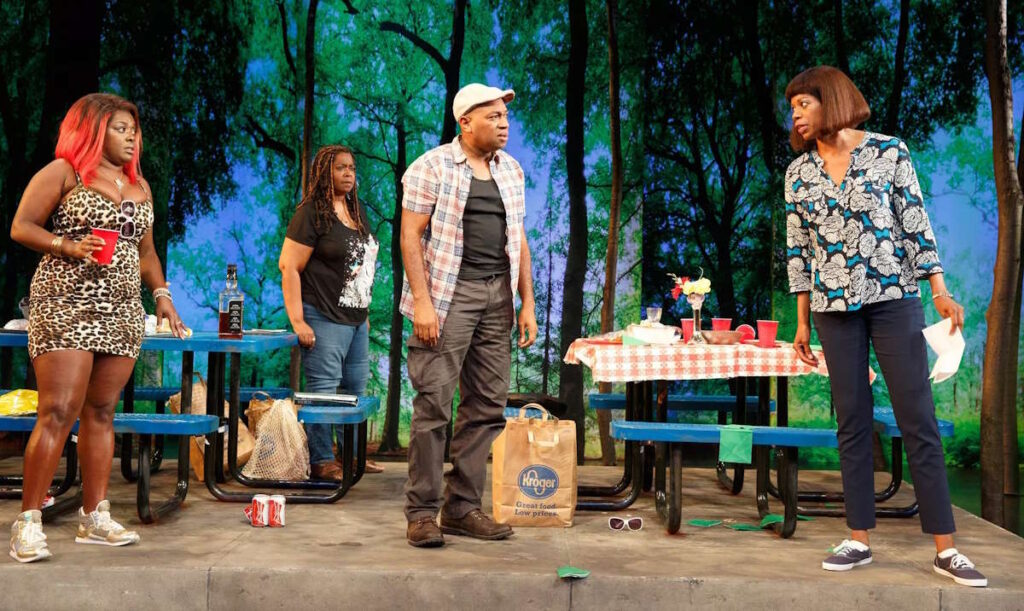
KS: In an interview with Playwrights Horizons, you said that part of the magic of being in theatre is that you can go to the extremes, and it’s good to make audiences uncomfortable. Has any theatre made you uncomfortable lately?
ROBERT: I don’t know if I necessarily meant that it’s good to make audiences uncomfortable, rather that I’m not invested in the comfort of the audience. Anyone can make an audience uncomfortable. I could put a baby on the stage and put a razor blade across the stage, and people would squirm and be uncomfortable because this baby is going to go and swallow this razor blade. So that’s easy. But not being invested in the comfort of an audience and demanding to tell stories that are not invested in comfort is another thing.
Stories of violence, stories of trauma, stories of poverty and of a difficult life are not necessarily comfortable, and should not be comfortable for you to do or to write or to witness. We don’t want to normalize trauma or normalize violence or normalize these things that we see all the time on the news. Those things are not made for our comfort.
We have a 24-hour news cycle, and they don’t care whether you just came from hearing bad news at a doctor’s appointment, seeing your child’s first steps, if you’re on your honeymoon or have just returned from a funeral. They’re going to tell you some very uncomfortable things, and they’re not invested in your comfort. And since no one has invested in my comfort, why should I invest in other people’s comfort? I can’t make a room full of 300 people comfortable, so why should I invest in trying to make that happen? Someone will always be uncomfortable. I wake up and walk outside and my very presence as a Black queer man living and breathing on earth is bound to make SOMEONE uncomfortable.
Has theater made me uncomfortable? Every time I go to the theater and I see nothing but white people on the stage, I’m uncomfortable. Or when I see a piece of theater that is invested in a white supremacist point of view, I feel uncomfortable because I feel invisible and I feel this is unnecessary in 2024, that you have a piece set in New York City and everybody is white. And this is on television and film, too. Everyone that’s speaking is white. Everybody eating in the background is a person of color. And I’m just like, how is this possible? EVERYBODY?? In this police department, or neighborhood, or restaurant, that has speaking lines, is white and beautiful? So it just pushes whiteness forward and that is uncomfortable.
When there’s so much diversity and so many other stories to be told, even by white folks. White folks don’t have to invest in their whiteness. They can choose to invest in diversity. I don’t write plays that are nothing but Black people. And when I do, there’s a point in that. But some people are just out here writing people sitting around talking about nothing, and everybody got to be white??? So yes, that makes me uncomfortable.
KS: You’ve also said “I will not be limited by anyone’s imagination. I am a storyteller,” and the premises of your plays certainly are not limited by imagination: in MANKIND, you create a world where men are the ones who birth, in BARBECUE, you showcase the story of a family intervention being turned into a product for Hollywood, in ANTEBELLUM, you interrogate the similarities between Nazi Germany and the American South, and in ZOMBIE: THE AMERICAN, the first openly gay president has been elected in the midst of worldwide crisis. How do you come up with your ideas?
ROBERT: Well, that’s like asking me how do I breathe? The world sees me differently than they see other people, and so therefore, I am required to see the world differently than other people. I cannot walk through the world in a Black queer body and see it in the way that everybody else who walks through the world sees it. I have different thoughts of the stories that should be told.
For instance, I am working on a project now that has to do with the AIDS epidemic. And most of the stories surrounding the AIDS epidemic are about white men dying in either New York or San Francisco in the 80s and 90s. And so we have lots and lots of storytelling around white men dying. But there was another group of people who were dying as well, and they were dealing with TWO epidemics: HIV and Crack. So Black queer people were dealing with both those epidemics and that’s important to add to the conversation about AIDS, especially in a story set in the 1980s and 90s.
But we don’t tell those stories, and we certainly don’t explore those two realities in the same story. I want to see those stories of those lives lost as well. And because I’m invested in those stories, those are the things that live inside my mind. So when other ideas come up, I attach them to that lens, not to: how many white people can I get on this damn stage to tell this story of heartbreak and pain and loss, but whose story is not being told? I guess that’s where my ideas come from, what is not being told.
I don’t usually write a play unless there are several ideas bumping around, because I don’t like to see work that has one idea and they stretch it for an hour and a half. I like to have too many ideas put into an hour and a half or two hours or what have you. I want there to be too much information. I want it to be difficult for you to process it because I want the experience of writing it to be exciting and challenging and therefore, I want that to be the experience of watching it: to be exciting and challenging.
I wouldn’t write a play that dealt with why mama didn’t love me, or why I didn’t get the red bicycle when I wanted it, and what that said about how I treat myself now. I want ideas that clobber each other a bit and demand space. Big ideas inside of a compressed package.
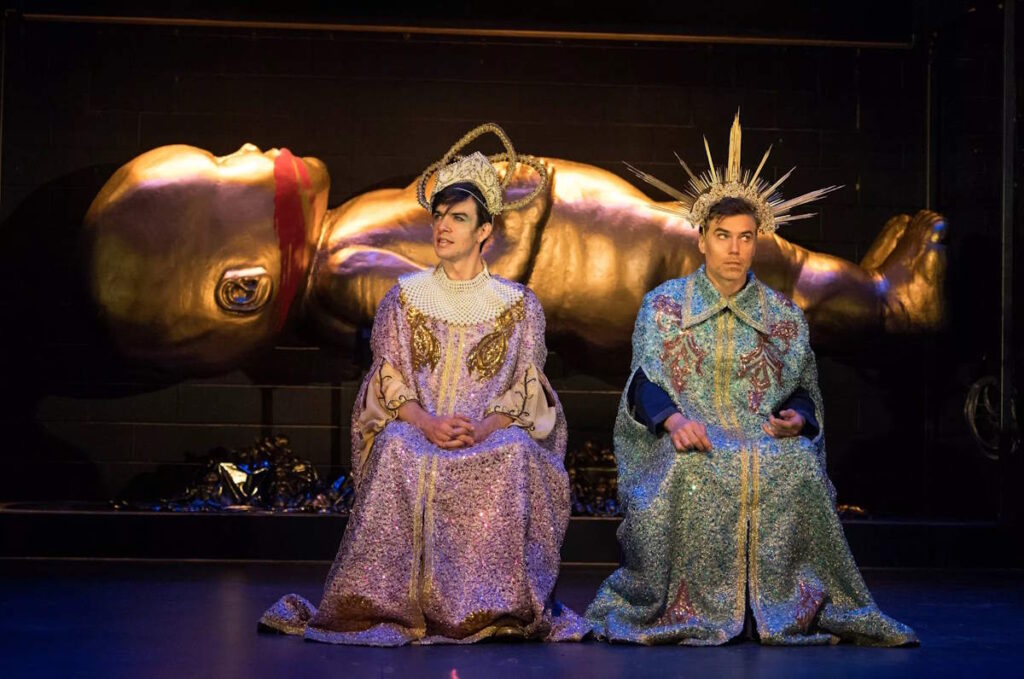
KS: Do you have any advice for others who are experiencing a silencing of their creativity and artistic expression from outside voices? How can theatre artists feel empowered to express themselves as they see fit, and less how the industry sees fit?
ROBERT: Well, first of all, I think you have to acknowledge the truth of white supremacy in the American theater. You have to acknowledge that most American theaters are run by white people. That’s a fact. Most of those are run by white men. That’s a fact. And that most of those are populated by white people in the audiences and in the administration. Those are FACTS. You can’t go into this profession thinking that somehow you’re in a place that you’re not. You’re there to MAKE fiction. You’re not there to LIVE Fiction. So why walk into a place, a real place, and fictionalize yourself inside that space?
When I walk into a place that I know is a white space, I have to acknowledge that. And I have to acknowledge that that is why certain things have been programmed and that is why certain questions are asked of me and that is why I’m having a valid reaction to your white supremacy, and that I’m not crazy. That it is a valid fact that you have a majority of white people in this space and people who do not look or live like me—and that that is a challenge to me. And I am a challenge to that. Today we don’t even want to acknowledge white supremacy, we have people making laws that don’t even teach that there was slavery or that white people OWNED human beings! And NOT teaching that, benefits ONLY White Folks…
So the first step is to acknowledge the profession that you’re in, which is a space of whiteness that you have to produce your work in. And once you acknowledge that, then I think that you can get over this idea that somehow they’re going to see you as the writer that’s standing next to you, who happens to be white. They’re not. Because these spaces were not built for you. It doesn’t mean that you don’t belong there. It means that your name is not on the wall. So you may have to do some carving into stone.
I’m fascinated by the excuses that sometimes you hear from these spaces where you have cultivated a white audience, you have hired only white people, you have done only white playwrights, and then you’re surprised it’s difficult to market my work at your theater, or people walk out. Then the blame falls on me or the play itself but not you and your history of exclusion. Then you come up with sh*t like: “Oh, you know, diversity is very important to me.” No, it’s not. “These are difficult conversations.” No, they’re not. These conversations are not difficult. I’ve been Black all my life. I’ve never had a difficult conversation around race. Now, white people have had difficult conversations around race when it comes to me and other people like me. But I have never had a difficult conversation around race. I have always been Black. And that has been very clear. And there’s nothing difficult about that fact for me.
Once you acknowledge you are different and that people see you as different, then that becomes a wonderful thing. You don’t have to try and be like everybody else. They will never see you as everybody else. So stop trying! I realized that my voice was different and my words were different and my stories were different, and that’s what makes me Necessary. That is what makes me required if you’re going to say that you are doing diverse work. If you get people who are trying to all write like the last person who did a play there, then that wouldn’t be diversity. But you get the person who has acknowledged their difference from everything that you’ve done in your theater, and you want to do their work, then you are diversifying your slate.
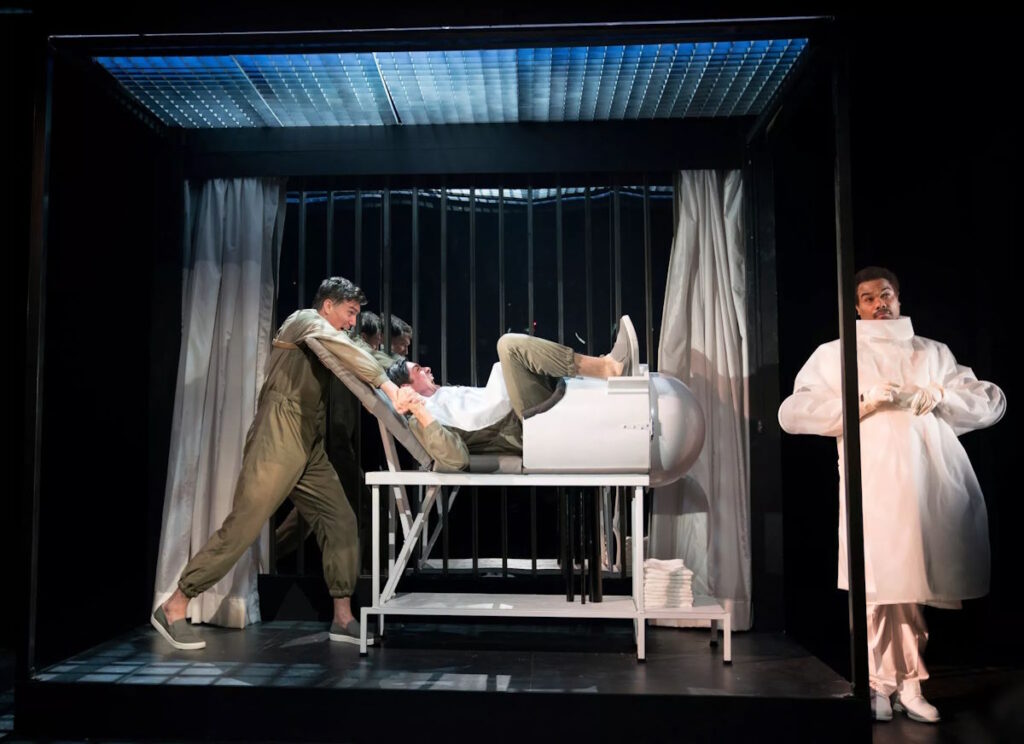
I had to spend a lot of time early in my career with people telling me I’m risky, I’m challenging, the work makes them afraid, they don’t know how to explain my work to their audience, they’re not sure the audience is ready for my work, all of those things. And let’s be clear, this comes from people who run theaters, people who read plays, people who review plays and go to plays: all of that has been a criticism of my work. In the face of all that, I STILL choose to get up and create something else, something new, and not have that influence me in a way that reduces the creativity of my work. In the middle of all that, in the middle of white supremacy, in the middle of being labeled “risky” and “different” and “out there” and “provocative” and what have you, in the middle of all that, you have to create.
I think of my plays as rollercoasters. Which rollercoaster do you want to go on? Do you want to go on the rollercoaster that looked like the last rollercoaster that you were on five minutes ago, that has the same incline and slopes and the same curve and the same speed as every other rollercoaster you’ve ever been on? Or do you want to try this other rollercoaster that everyone keeps calling risky and dangerous and too much and provocative and out there? That’s the roller coaster I want to go on. You can’t have an amusement park full of all of the same rollercoasters. Some of it has to be for the adults in the room. Some of it has to scare the f*ck out of you, to make you uncomfortable, to knock you around a bit. Some rollercoasters have to not give a f*ck about your comfort. Your safety, yes, but not your comfort. Because if you want to be comfortable, then don’t step your ass on my rollercoaster.
Article by Katie Stottlemire

